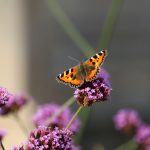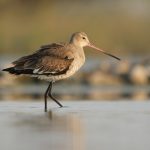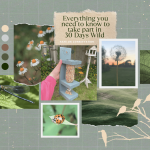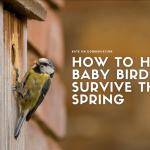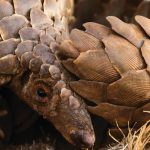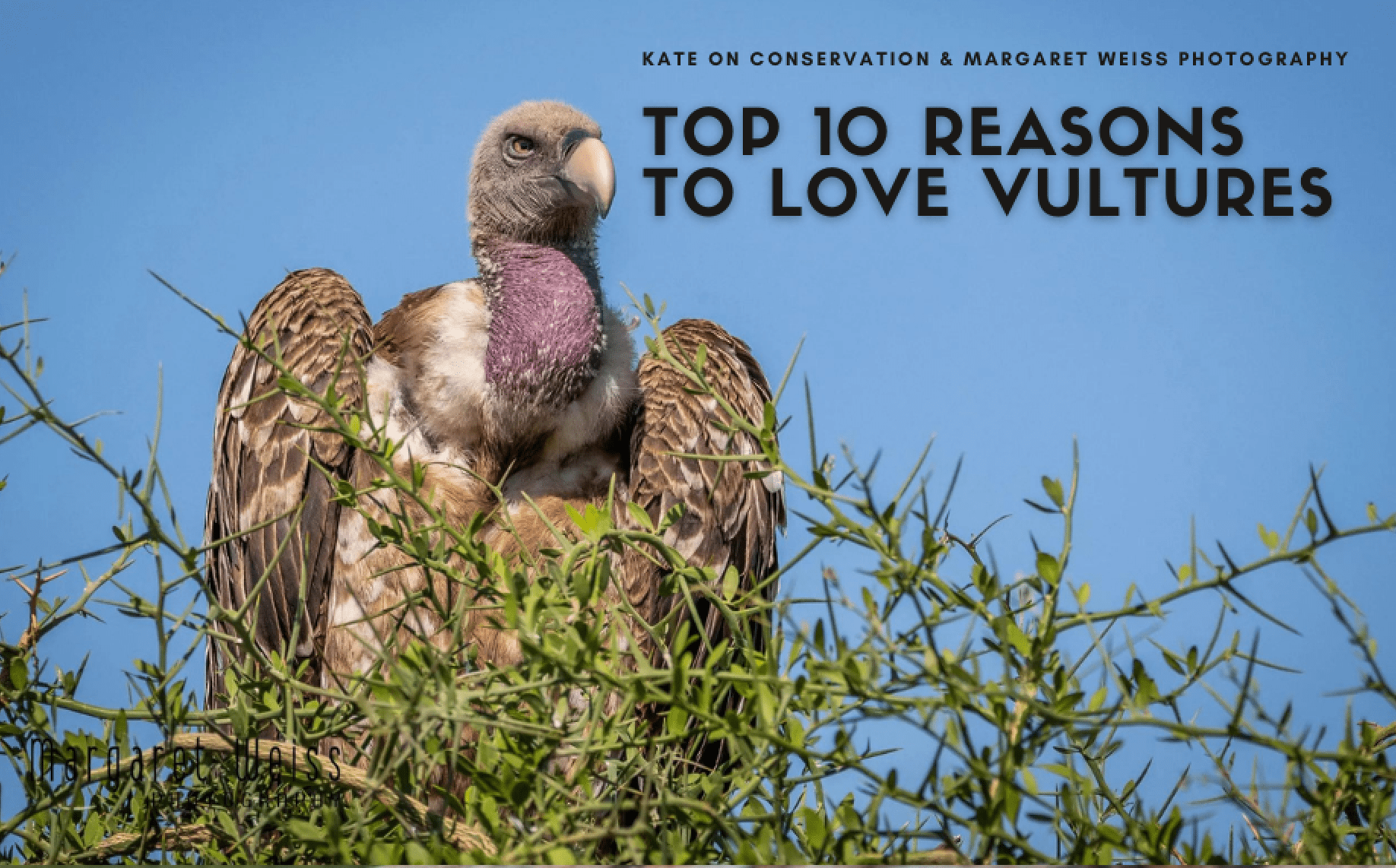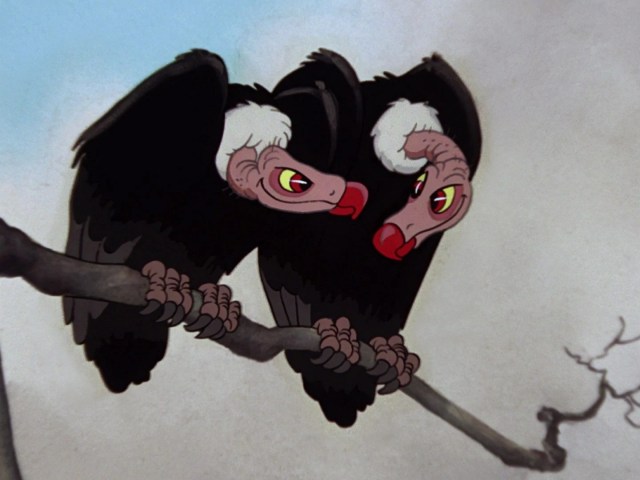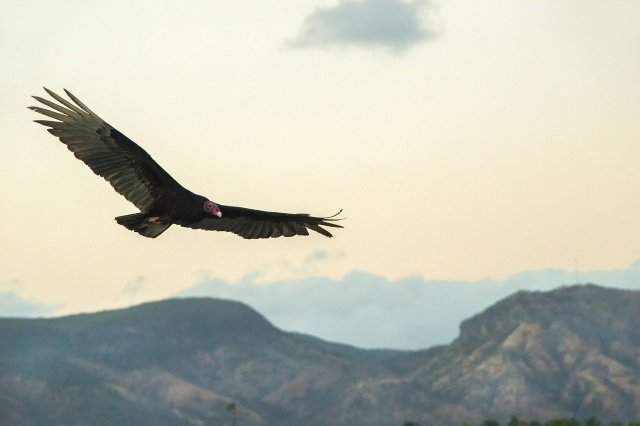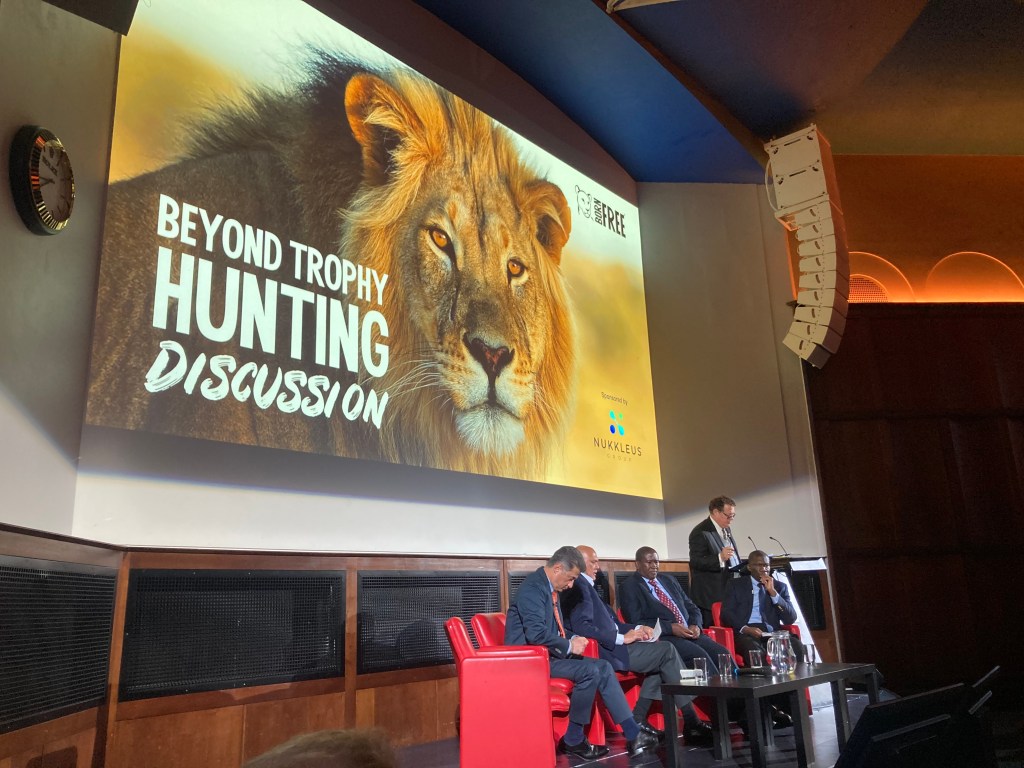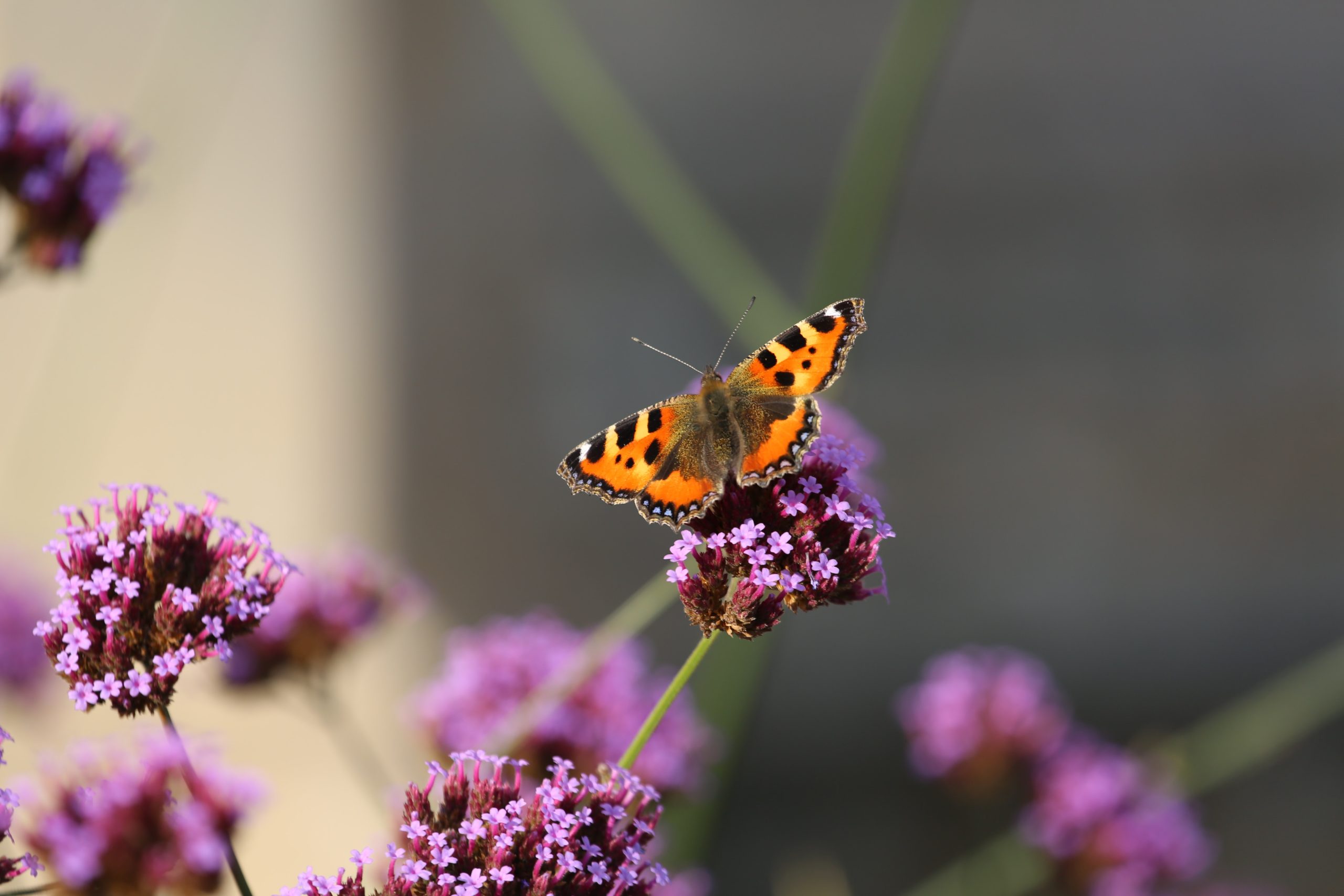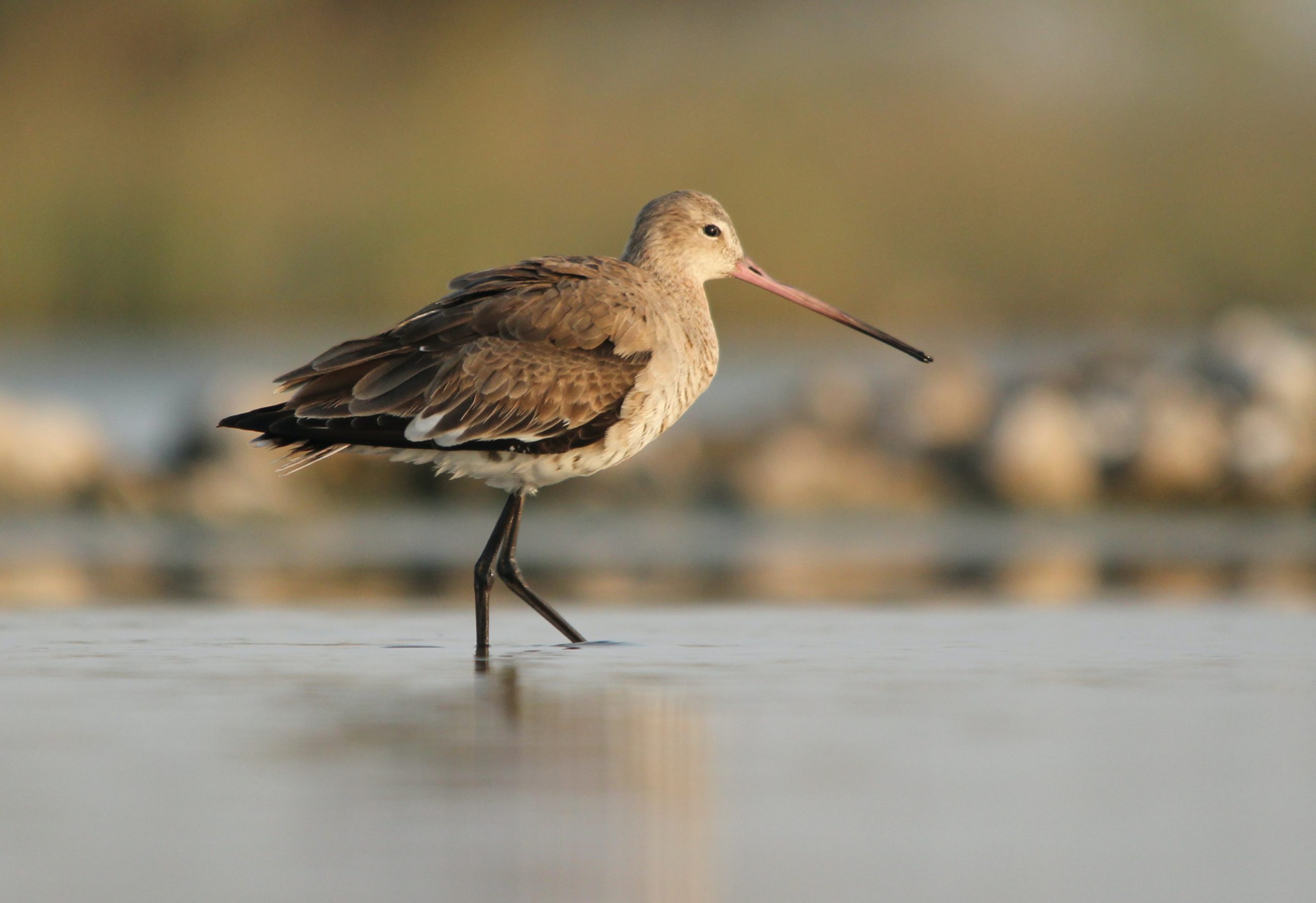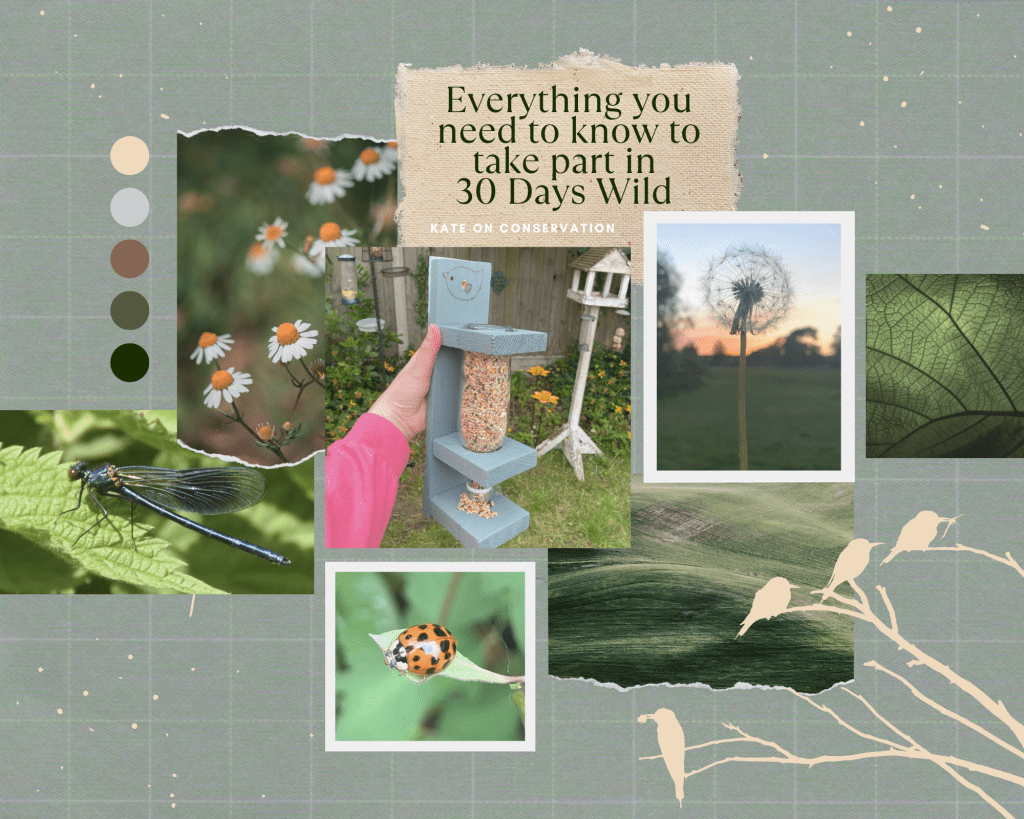[ad_1]
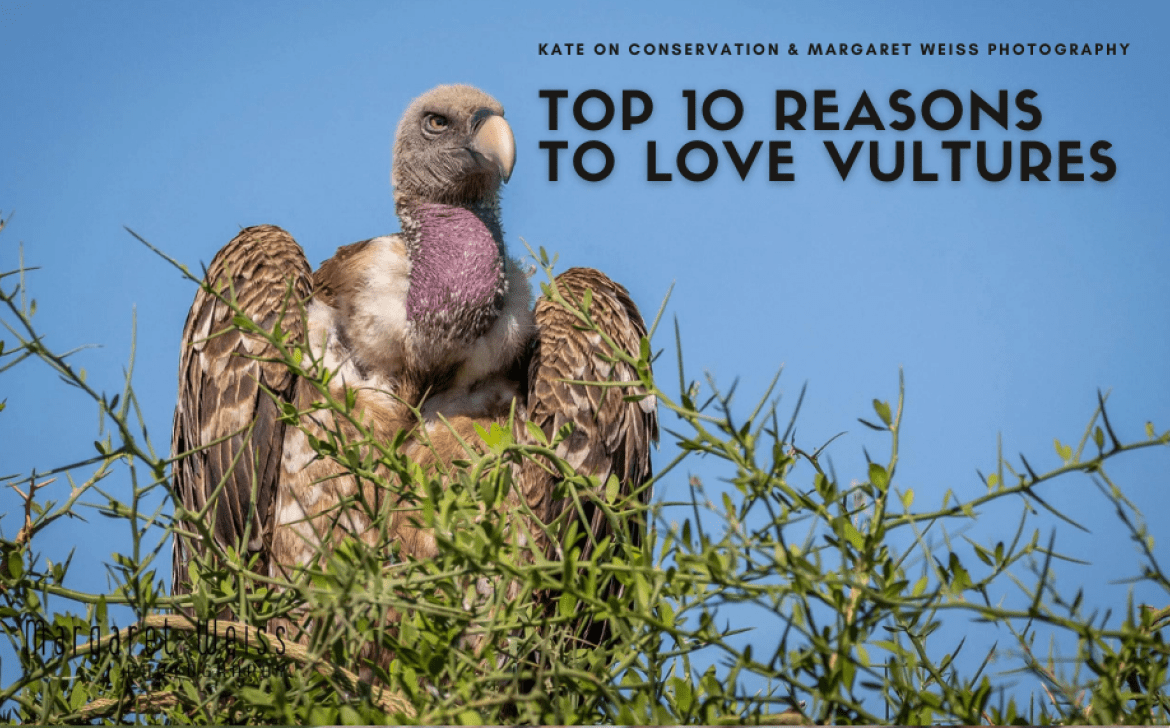
They’re sometimes disregarded as ugly, scavengers, nonetheless really, vultures are beautiful and very sensible birds. Certain, the common-or-garden, grizzly, balding, beautiful vulture is definitely deserving of our love. I’ve teamed up with wildlife photographer and blogger Margaret Weiss, from Margaret Weiss Photos to collate our personal prime 10 causes to love this ‘unlovable’ rogue of the fowl world; the vulture.
In sharing the problems that make this species so distinctive and explicit, we hope to shed a lightweight on why the vulture deserves to be saved and guarded. Do you agree with our causes, or want to add just a few of your particular person? Please depart us a comment on the end of this publish!
1. There’s such a variety of species that come beneath the title of ‘vulture’ — 23 species to be actual
Largely recognisable by their hunched our our bodies, huge wings, and featherless necks and heads, you may be forgiven for pondering that every one vultures look as in the event that they’ve flown out from Disney’s Snow White animation. Nonetheless, there’s a bit additional to this class of birds – in actuality, it’s a narrative of two Worlds.
There are 23 completely completely different vulture species altogether, categorised by whether or not or not they seem to be a New World vulture species (found all through the Americas and Caribbean) or an Outdated World vulture species (which can be found generally in Africa, Asia, and likewise Europe).
Pretty surprisingly, Outdated World and New World vultures mustn’t rigorously related. Although every types are primarily scavengers, and have comparable natural traits – along with a featherless head, distinctive eyesight, and expertise to fly at extreme altitudes, they don’t seem to be genetically related. In its place, New World Vultures are related to storks and Outdated World vultures are related to eagle’s, buzzards, and hawks.
Outdated World Vultures
There are 16 recognized species of Outdated World vultures worldwide. They’re Bearded vulture, Cape vulture, Cinereous vulture (moreover often known as a monk, black or Eurasian black vulture), Egyptian vulture, Griffon vulture, Himalayan vulture, Hooded vulture, Indian vulture, Lappet-faced vulture, Palm-nut vulture (moreover often known as the Vulturine Fish-eagle), Purple-headed vulture (moreover often known as Pondicherry vulture or the Indian black vulture), Ruppell’s vulture, Slender-billed vulture, White-backed vulture, White-headed vulture and the White-rumped vulture.
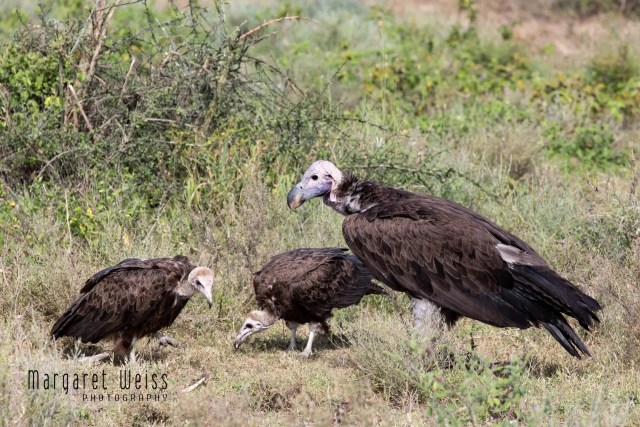
Widespread attributes amongst these 16 species (which differ from New World vultures), are that they:
- Make grunting, screeching, croaking, and chattering sounds, as they’ve a voice area
- Have sturdy toes and talons for gripping
- Are unable to run nonetheless switch by hopping and wing flapping when needed.
New World Vultures
There are seven species of New World Vultures; these are: the Turkey Vulture, Higher Yellow-headed Vulture, Lesser Yellow-headed Vulture, King Vulture, American Black Vulture, Andean Condor and California Condor.
The problems that distinguish this collective of vultures from their Outdated World counterparts are:
- They’re nearly silent; they don’t have a voice area and should solely grunt and hiss
- They’ve smaller and weaker toes and poor grasping functionality
- They’re sometimes larger birds, with prolonged broad wings, stiff tails for hovering extreme throughout the sky.
2. They’re extraordinarily widespread, found on all nonetheless two continents
Along with Australia and Antarctica, a minimal of 1 species of vulture will likely be found on any continent all around the world. Nonetheless, their important dwelling ranges are all through savannahs, mountain ranges and cultivated areas in Africa, Asia and Europe, counting on species.
New World vultures dwell in deserts, savannahs, forests, mountains and cities in southern Canada, North America and South America.
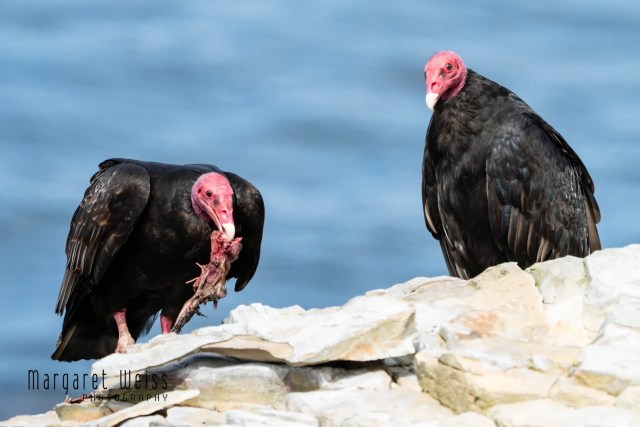
Given their differ; vultures are culturally important internationally. We’re capable of see this spanning the sacred Egyptian vultures (which have been immortalised throughout the Historic Egyptian hieroglyphic alphabet as a result of the letter A), to the Californian condors, which can be vital to Native American custom in burial rites and mythology.
3. A collective of vultures sounds so distinctive (and peculiar)…
A bunch of vultures will likely be often known as a wake, committee, kettle, volt, or venue; counting on what they’re doing.
A ‘Wake’ is a gaggle of vultures that are feeding.
A ‘Kettle’ refers to a gaggle of vultures in flight.
A ‘Committee’, ‘Volt’, or ‘Venue’ is the right terminology to debate with a gaggle of vultures resting throughout the bushes (though a ‘Committee’ can be utilized to clarify vultures resting on the underside too).
Now, in case you may have a gaggle of spherical 100 vultures, that’s a ‘Flock’.
4. Vultures have super-strength stomach acid, which is principally an excellent power!
I’m optimistic that everybody is conscious of that vultures feast on ineffective meat, nonetheless are you aware that they’ve a particularly sturdy immune system in an effort to try this, with stomach acid that’s 100 events as concentrated as human gastric juice?! It’s so sturdy it would probably even dissolve metallic!
This extremely efficient stomach acid is required to interrupt down rotting flesh and illnesses (micro organism, rabies, parasites, botulism, anthrax, virus’), giving vultures the pliability to digest meals at any stage of decay and by no means contract any ailments. One factor that’s considerably important on situation that they’re going to regurgitate meals from their meal to feed their chicks (a outcomes of their weak toes and legs inhibiting their functionality to carry prey once more to their nests).
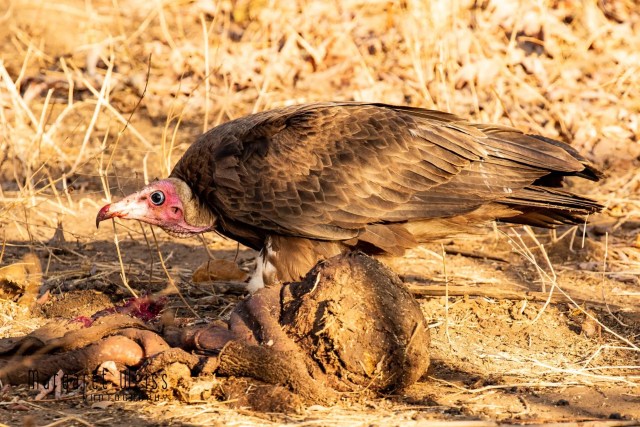
The vulture’s great stomach acids not solely allow the birds to fight and destroy lethal micro organism, however as well as help them to interrupt down the bones of the carcasses that they devour. Being very setting pleasant feeders, they will devour your complete carcass in a extremely fast home of time, along with bones – leaving no trace behind.
The Bearded Vulture (an Outdated World species), which is found dwelling extreme throughout the mountains in Africa, Europe, and the Indian subcontinent, is the one recognized species of vulture with a weight reduction program of 70-90% bones.
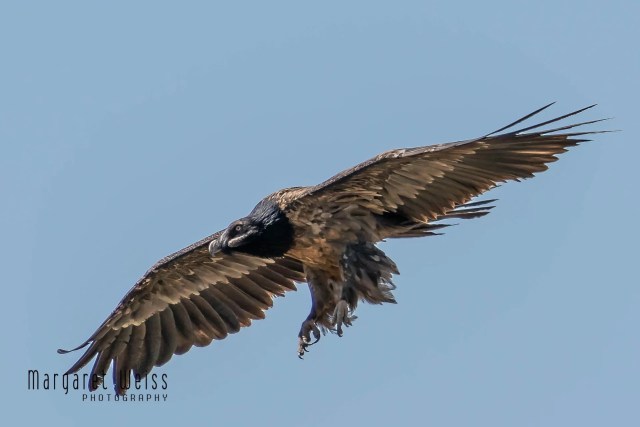
Whereas it is really true that every one species of vulture have a important weight reduction program of carrion (the flesh of ineffective animals), most species will even hunt for small dwell animals, much like rats, birds, bugs, and lizards if no carrion is on the market. The Turkey Vulture (New World) — which will also be in all probability essentially the most ample species — is the one species of vulture that will’t kill their prey.
One different notable dietary variation, is that of the Palm-nut Vulture (Outdated World species), whose weight reduction program consists of oil palm fruit, molluscs, crabs, locusts, and fish.
5. They’re amongst world’s highest flying birds
The Ruppell’s griffon vulture (an Outdated World species) holds the title of the world’s highest-flying fowl, capable of flying at over 11,000 metres (37,000 toes) – nonetheless that’s not the one species of vulture to reach good heights.
Although the considered vultures circling dying animals is in actuality a complete fantasy, they will actually be seen ‘floating’ in circles, which they acquire through the use of the thermals (a column of rising air, that causes a buoyant current throughout the setting by transferring heat energy vertically).
The thermals help these birds to reach unbelievable heights, most of which may be deadly to completely different species of birds.
Vultures are able to survive at such heights the place oxygen ranges are at their thinnest, on account of they possess a sequence of cardio-vascular variations – that’s how the Ruppell’s griffon vulture sustains it’s elevation of nearly 11.5 kilometres!
Whereas vultures spend a variety of time hovering the thermals looking for meals, they do not possess a sixth sense to detect dying animals. In its place, their sturdy sense of odor and distinctive eyesight is how they uncover their subsequent meal. Their eyesight is so good, they will spot carcasses 6 km away. As well as they will hear completely different birds and animals feeding on ineffective carcasses.
6. Vultures have massive wing spans
One different fantastic adaptation that vultures have to help them to soar for prolonged intervals throughout the thermals is their huge wingspan.
The Andean condor, current in South America, has the most important wingspan of any vulture at nearly 3.5 metres huge. That’s massive!
They’re the most important of the entire vulture species, weighing as a lot as 15 kilograms, they usually additionally rely upon their massive wingspan teamed with the thermal air currents to take care of their heavy our our bodies in flight.
7. Bald is attractive (and wise)
Sadly, vultures are one of many important disliked birds on account of their ugliness. Optimistic, they might not being in all probability essentially the most traditionally beautiful species, nonetheless at this stage their massive hunched our our bodies, massive wings and bald heads are iconic.
They’re moreover very wise. Their bare head is an adaptation for hygiene; and it’s essential to stay clear when deciding on off a carcass. Vultures sometimes poke their heads inside a ineffective physique, which can merely get contaminated with ineffective rotting flesh, within the occasion that they’ve been feathered or furry.
The scarcity of feathers on their heads signifies that any stray or remaining bits of carrion will not persist with their heads, stopping that dangerous micro organism growth.
8. They’re consultants at avoiding and stopping micro organism
I suppose foraging for tasty morsels inside ineffective carcasses is susceptible to earn you a reputation for being unclean and unhygienic, nonetheless the place vultures are concerned, that fantasy couldn’t be farther from the fact.
These birds are properly tailor-made to stop micro organism. As talked about above, their bare heads and necks cease rotting flesh from sticking to them, nonetheless as well as they enable for any stays of rotting flesh on their head and neck to be baked off throughout the photo voltaic — or picked off by completely different vultures.
Extra to this, vultures have a reasonably nifty method of disinfecting their legs after strolling on carcasses; they urinate on themselves.
The urine moreover helps to kill off any micro organism or parasites, and it is also used to relax off on scorching days – as vultures lack sweat glands. The tactic is known as urohydrosis.
Nonetheless, if that isn’t adequate to make you check out these birds in any other case, let me inform you ways they fend off any predators: they projectile vomit at their attacker after which flee.
Possibly that half doesn’t help me win their case on the hygiene entrance…
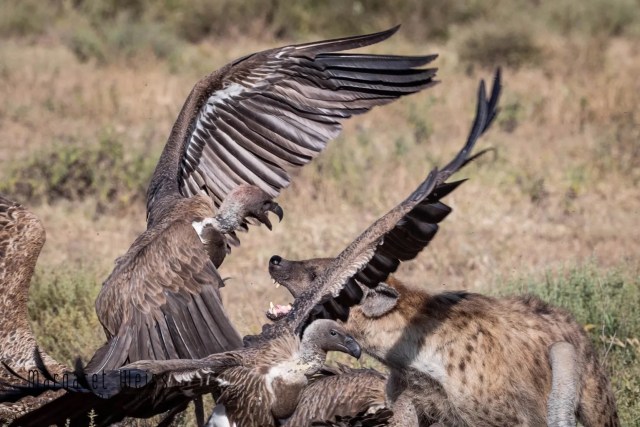
9. Vultures stop the unfold of sickness for various species: they’re nature’s ‘clean-up crew’
Sadly, most people do not realise how vital vultures are for our environment and the ecosystem.
When one thinks of vultures, a variety of connotations spring to ideas: phrases like scavengers, ugly, gross, vulgar, dirty and sickness, nonetheless they’re under-appreciated birds of prey.
All of us have seen how these birds circle the sky sooner than descending onto carcasses, sometimes devouring them with their heads coated in blood and guts. Due to this, vultures have earned themselves some unflattering names, much like nature’s undertakers. Nevertheless they’re possibly additional aligned with ‘nature’s clean-up crew’.
Vultures perform an vital function as nature’s garbage collectors, and as such, they play an vital place in holding ecosystems clear.
With out vultures, the world might be very smelly and full of sickness and rotting carcasses.
A vulture can eat larger than 1kg of meat in 1 minute, and their functionality to eat meat at any stage of decay – along with bones and completely different ‘strong bits’ – on account of that super-strong stomach they’ve, is of nice revenue for folks.
Vultures take away rotting carcasses which may in another case infect completely different wildlife, livestock and other people, serving to to take care of the ecosystems clear and lowering the potential unfold of sickness.
Vultures are the final phrase keepers of stability in our ecosystems.
10. They need defending from poaching and poisoning
What increased motive to love vultures than that they merely need us to? Vulture numbers are rapidly declining on account of looking out, poisoning, pesticides and collisions with wind mills and extreme voltage power strains. Their penchant for feeding on roadkill moreover means they’re important targets for automotive collisions.
Individuals have severely misunderstood and persecuted these magnificent birds for just a few years. Consequently, vultures are one of many important inclined fowl species. Their current rating is critically endangered.
With few pure predators, the vultures’ biggest threat, unsurprisingly, comes from the hand of individuals; notably, poisoning. Intentional and unintentional poisoning accounts for larger than 60% of vulture deaths globally.
In parts of South Asia, some vulture populations have decreased by 99% on account of the utilization of Diclofenac. Veterinarians typically use Diclofenac; an anti-inflammatory and ache discount drug, for animals much like livestock, nonetheless the drug has had lethal outcomes on vultures. Vultures feed on livestock carcasses and ingest the drug leading to kidney failure.
Due to this, worldwide areas like India, Nepal, Pakistan, Bangladesh have banned the utilization of Diclofenac. Nevertheless sadly, many worldwide areas in Europe have not prohibited using this drug in livestock, resulting in many additional vultures shedding their lives.
In some parts of the world, farmers view vultures as livestock predators, and shoot and poison them with strychnine. They’re moreover poisoned by poachers, to forestall them from circling above poaching locations.
In addition to, vultures are generally the unintentional victims of various intentionally poisoned animals. Issues with Human-Vulture battle have been properly documented, the place vultures die from feeding on elephants poisoned by poachers for his or her tusks, or lions which have been deliberately killed in retaliation killings by native communities, whose relations have been attacked by a lion. Dozens of vulture’s may feast on a single carcass of a poisoned lion or elephant.
The bushmeat commerce in Africa is partially chargeable for declining the vulture inhabitants, too. In Bush remedy, standard healers grind vulture brains, as they take into account that they possess therapeutic properties, and they also’re moreover poached for his or her beaks to be used in standard medicines.
How can we help save vultures?
In the entire weird and interesting points that make vultures distinctive, certainly one of many points that strikes me as actually pretty cute, is that many species of vulture mate for all occasions, and if allowed to dwell; life can suggest a imply of 18+ years. Some larger species could even dwell as a lot as 50 years. Doubtlessly, that’s a really prolonged romance!
Globally, vultures are declining, or on the brink of extinction, with conservation proving an enormous drawback on account of threats being intensive. Furthermore, conservation measures require frequent movement – much like the worldwide administration of pesticides and livestock drugs – to guard and defend vultures from endangerment and extinction.
Educating native communities regarding the problems with poisoning is an important step in saving the native vulture populations, along with understanding the entire points that make them fantastic. It’s time we recognised these birds as a result of the important ecosystem balancers that they are. It’s time we valued vultures.
[ad_2]

